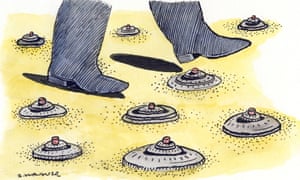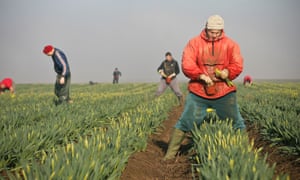by Girish Menon

The Emperor's new clothes courtesy Cactus Records
Since 1992 when former US President Bill Clinton’s campaign manager coined the winning slogan, ‘It’s the economy, stupid!’ persuaders of all belief systems have been increasingly relying on economic arguments to win the debate. The Brexit vote and Trump’s election are recent examples of the success of an economic point of view to the detriment of all others. A student with a good A level in economics will be equipped to reason out the merits and demerits of each argument and defend her own belief system or prejudice.
The A Level
syllabus
In the book The Econocracy three Manchester University
In a nutshell an A level in economics is divided into two
parts viz. Microeconomics and Macroeconomics. Microeconomics explores the
theoretical utopia of a free market which is known as perfect competition and
compares it with modern market phenomena like Monopoly, Oligopoly and
Monopsony. Macroeconomics looks at the picture from a national point of view
and explores themes like Inequality, Unemployment and Immigration, Economic
Growth and Trade/Budget deficits. It also considers the tradeoffs that
governments face as they try to resolve crises.
Am I suited for an
Economics A Level Course?
Unlike economics courses at most universities which rely on
a strong foundation in mathematics, an A level economics course is right for
any student who has an A grade in Mathematics and English at the GCSE level. He
should have a curiosity about the world he lives in, is able to think logically
and must have a desire to debate issues based on evidence.
In short, an Economics A Level Course can combine well with
the sciences, the arts, the languages as well as the humanities. You could do
this A level especially when you wish to specialise in other subjects at the
degree level.
What will I gain
from doing the Economics A Level Course?
You will realise that there is no such thing as a free
market. You will have heard politicians and other persuaders trying to praise
the virtues of the free market. After doing an A level in Economics, you will
understand the assumptions that underlie free market theory. You will then
conclude that those arguing for a free market are not making objective
arguments but are indulging in alternative facts.
You will realise the bluntness of economic policy tools and
why governments are unable to solve the problems of climate change, rising
inequality, racism and other social ills.
Most importantly, you will understand the meaning of economic
terms. You will discover that many popular ‘economic arguments’ are actually
political arguments couched in economic terms. You will then be able to indulge
in debate in a confident manner and be able to point out loopholes in your
opponents’ arguments.
Many handed person
A businessperson was once asked what kind of economist she
wished to hire. She replied, ‘a one handed economist’. When she was asked to
explain her strange reply, she said, ‘When I ask a question of an economist I
want him to give me a straight reply and not resort to phrases like on the
other hand…’.






 Joe Root will enjoy the services of several coaches, analysts and managers in his role as England's Test captain, thereby diffusing his leadership responsibilities © Getty Images
Joe Root will enjoy the services of several coaches, analysts and managers in his role as England's Test captain, thereby diffusing his leadership responsibilities © Getty Images